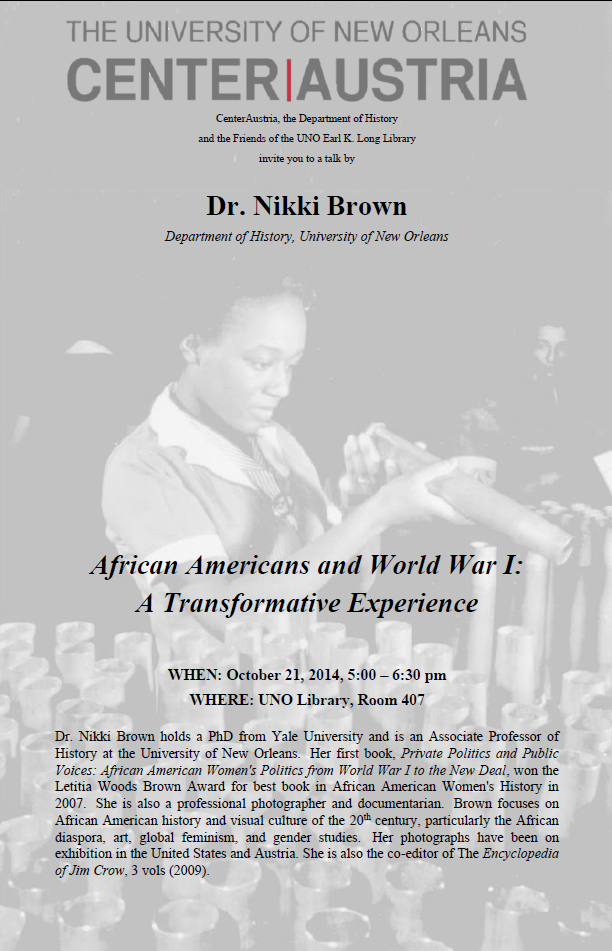RELATIONSHIPS/BEZIEHUNGSGESCHICHTEN: AUSTRIA AND THE UNITED STATES IN THE TWENTIETH CENTURY (TRANSATLANTICA 4). INNSBRUCK; STUDIENVERLAG, 2014
Panel Discussion with Ambassador Hans Peter Manz, Günter Bischof, James Jay Carafano. Wine reception to follow.
Free. Please rsvp at https://www.eventbrite.com/e/relationships-beziehungsgeschichten-book-talk-panel-discussion-tickets-11683488629
After the breakup of the Habsburg Monarchy, the Austrian – American relationship was characterized by a dwarf confronting a giant. America continued to be a haven for a better life for many Austrian emigrants from the Burgenländers and Jewish refugees in the interwar years, to GI brides, skiers, students and scholars after World War II. For the increasingly preponderant
America after World War I, the small Austrian Republic was insignificant. And yet there were times when Austria mattered geopolitically, especially on the eve and after World War II. During the postwar Austrian occupation, the U.S. helped reconstruct Austria economically and was the biggest champion of its independence. During the Cold War, the U.S. frequently used Austria as a mediator in the rigid East-West confrontation and site of summit meetings. American mass production models (Fordism and Taylorism), consumerism, and popular culture (jazz and Coca Cola) were adopted by Austrian youth. Americanization and American preponderance also produced anti-Americanism. With the end of the Cold War and Austria's accession to the European Union it once again lost significance for Washington geopolitics. These themes and more will be addressed in the essays written by the author over the past 30 years and collected here for the first time.
Dr. Hans Peter Manz, a career diplomat and former foreign policy adviser to Chancellor Wolfgang Schüssel, has served as the Ambassador of the Republic of Austria to the United States since 2011.
Dr. Gűnter Bischof is a University Research Professor of History, the Marshall Plan Professor and Director of CenterAustria at the University of New Orleans; he is the author of Austria in the First Cold War, 1945/55 (1999) and co-editor of the series Contemporary Austrian Studies (22 vols) and TRANSATLANTICA (7 vols). He has been serving as Presidential Counselor and member at the National World War II Museum and as a board member of the Botstiber Institute of Austrian-American Studies.
Dr. James Jay Carafano, a leading expert in national security and foreign policy challenges,is The Heritage Foundation's Vice President, Foreign and Defense Policy Studies, E. W. Richardson Fellow, and Director of the Kathryn and Shelby Cullom Davis Institute for International Studies. After a 25 year career in the U.S. Army, he studied for a PhD in History at Georgetown University with a dissertation on the Austrian occupation after World War II, published as Waltzing into the Cold War (2002). His latest book is Wiki at War: Conflict in a Socially Networked World (2012).
















































